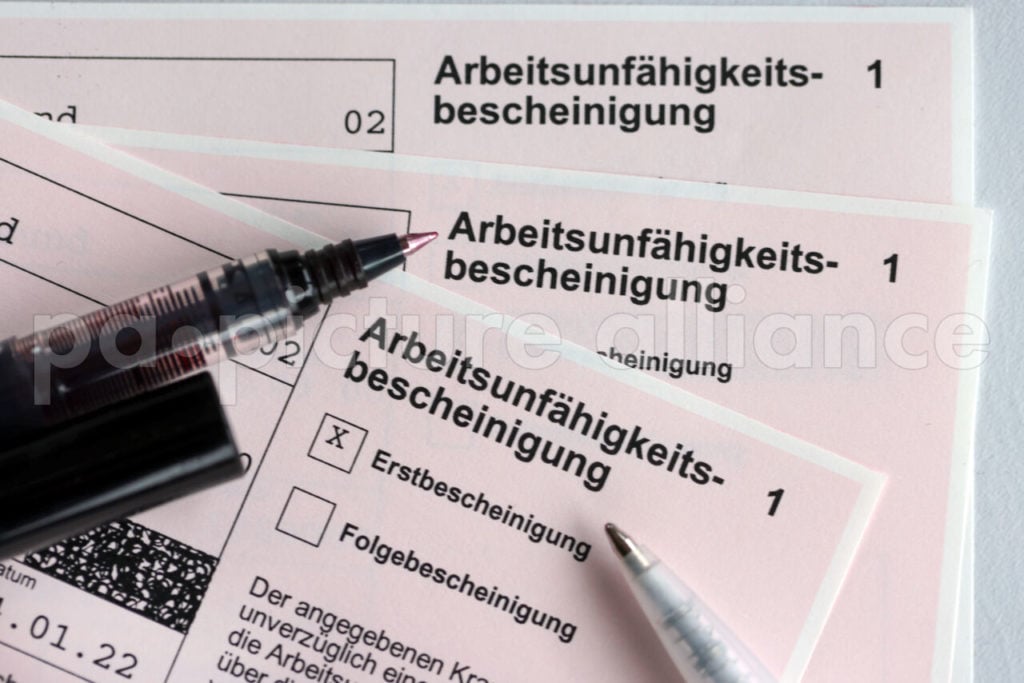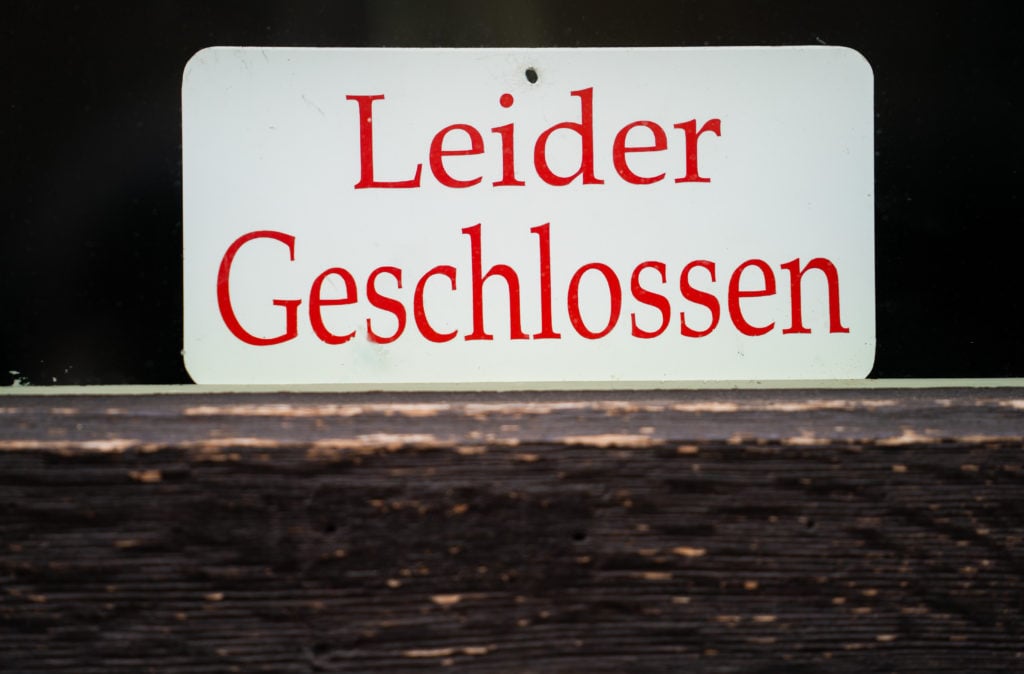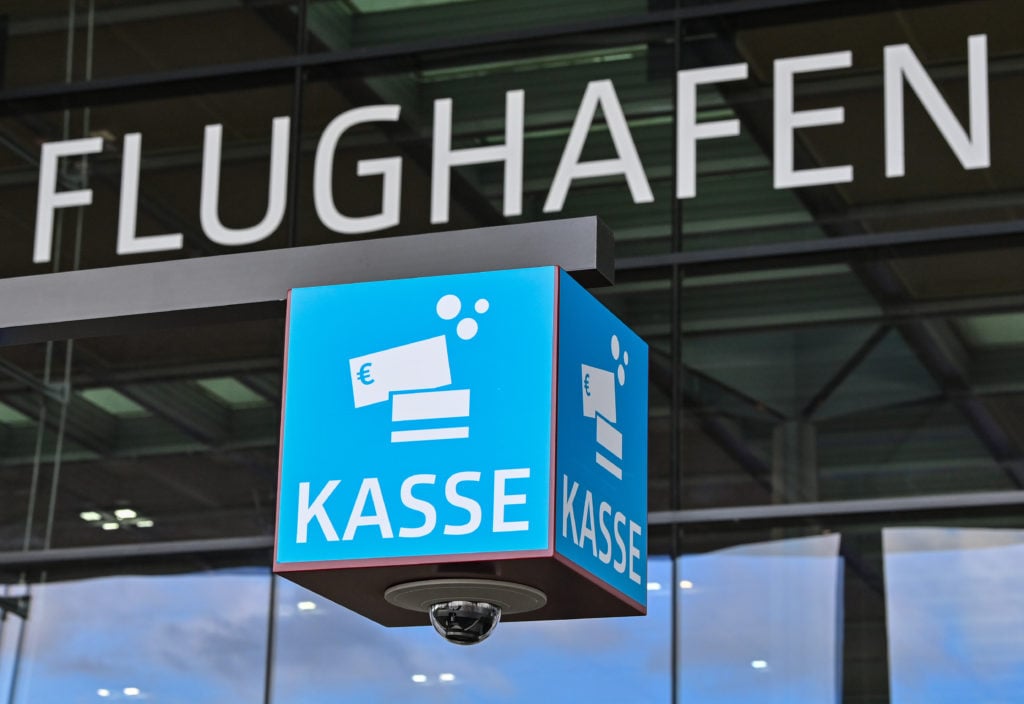Getting to a stage where I feel comfortable using the German language has been a long, arduous process which has taken me nearly eight years.
But one thing I didn’t expect about becoming a German speaker, was that I would find myself using German words in my everyday English, too.
READ ALSO: 10 German words that English should adopt
Sometimes due to laziness, sometimes for conciseness, or sometimes just because I like the sound of the word, I often use these words now amongst German-speaking friends instead of their English equivalents.
(die) Bescheinigung
I can’t quite put my finger on why, but I love this word. Be-schein-i-gung. It’s got a nice, bouncy ring to it, even though it means something pretty dull.
Bescheinigung is a German word for “certificate” or and is used for all kinds of formal certifications.

It’s often stuck to the end of other words too, to mean a specific type of certificate, for example – Arbeitsunfähigkeitsbescheinigung (sick note) or Anmeldebescheinigung (registration certificate).
I often find myself saying things like “But I don’t have the right Bescheinigung” or “do I need a Bescheinigung for that?”
anmelden
The frequency with which you have to anmelden in Germany, may explain why this word is so firmly rooted in my everyday vocabulary.
Anmelden is a verb which can mean “to register”, “to enrol” and “to login”, and it’s a word I encounter on a daily basis, as it appears on most websites, as well as in front of Covid test centres or at reception areas in medical and government buildings.
READ ALSO: REVEALED: The German versions of famous English sayings
I’m ashamed to admit that I have also corrupted this word slightly for my own convenience and sometimes say things like “oh I need to anmeld myself” which is of course, very, very wrong.
(die) Kupplung
If you don’t drive or only drive automatic cars, this isn’t a word you generally need to know. But for me, the German word for “clutch” is forever seared into my brain after having it shouted at me by an enraged German driving teacher on numerous occasions.

Kupplung is a very nice German word in that it describes what the mechanical elements of a clutch do – they connect and disconnect two rotating shafts, or “couple” them.
I can sometimes be heard saying things like: “Oh I took my foot off the Kupplung too quickly”.
Leider
Whereas the English equivalent – “unfortunately” – can sound a bit clunky and overly formal, leider is a nice little word which you can use to add a touch of polite regret in all kinds of circumstances in German.

Thanks to its brevity and the way it can be stuck quite easily into a sentence, this word has crept into my everyday English, and into phrases such as “we are going to have to wait, leider”.
(der) Feierabend
This is just one of the many German words that we don’t have in English, so it’s perhaps more forgivable that I use this in English conversations quite a lot.
Literally meaning “celebration evening” the word Feierabend is used for the free time after work and it invariably gets a nice response when you tell colleagues or shop assistants schönen Feierabend! (have a nice free evening!).
(die) Kasse
I like to use this German word a lot because – surprisingly – it’s actually easier than having to find the right equivalent word in English.

For example, in English we have separate words for “checkout”, “till”, “paypoint”, “ticket office” and “cash register”, but in German, the word Kasse covers them all.
So it’s a rare example of a German word being less specific than English, and it’s also short and easy to say.
READ ALSO: 7 ways to talk about money like a German




 Please whitelist us to continue reading.
Please whitelist us to continue reading.
Member comments